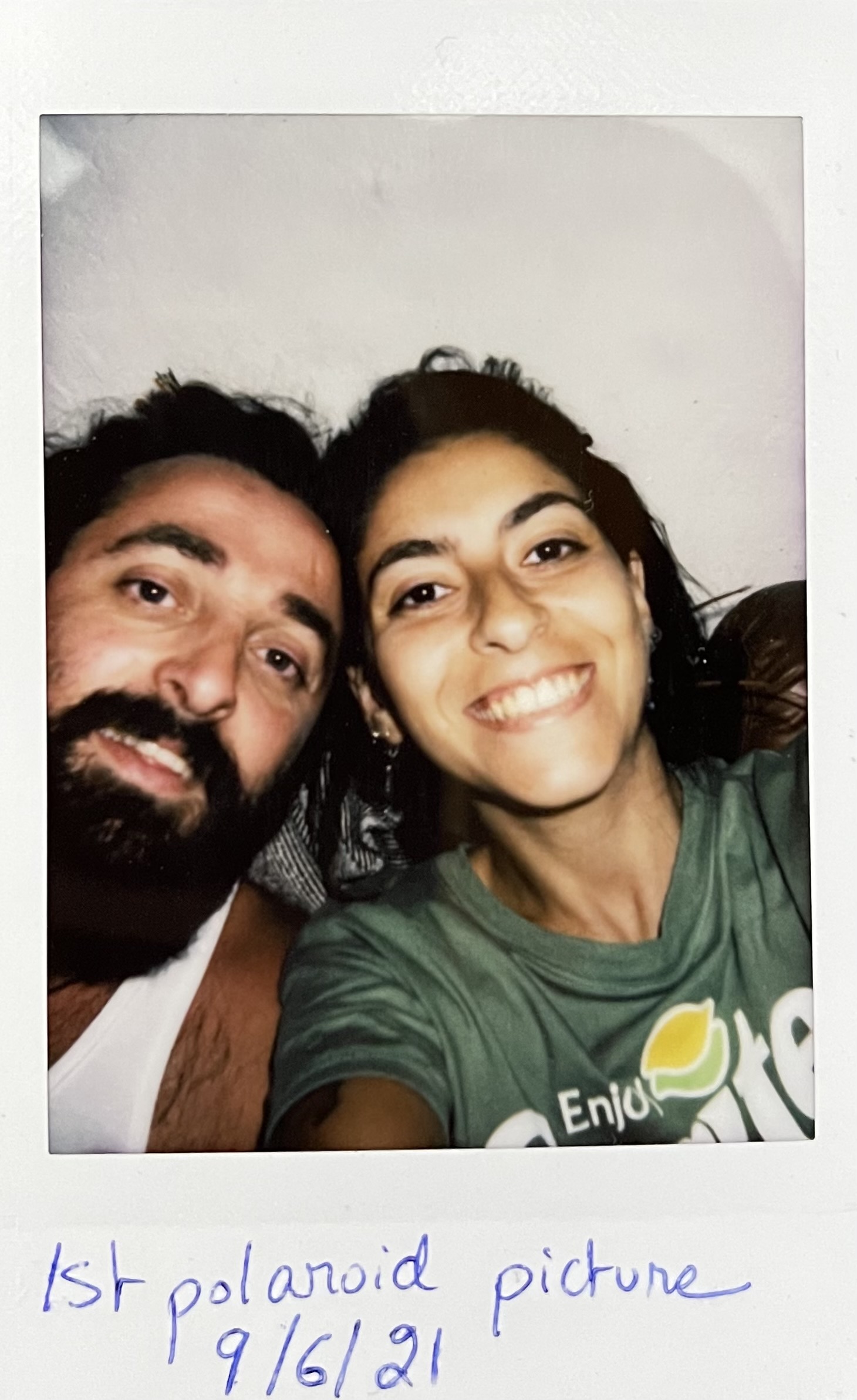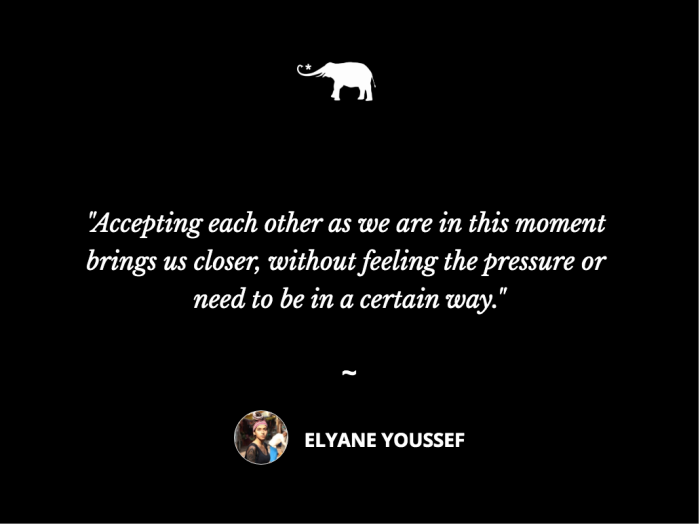Respect, communication, and trust might be the first things that come to mind when we first enter a relationship.
They’re important and good, but as years pass by and we stay together, we realize there is much more to relationships. We need to build a safe emotional and mental space for each other to preserve our personal well-being.
One of the many things that I believe has saved my relationship, again and again, is the friendship my husband and I constantly preserve. We’ve become each other’s haven. We’ve made a safe emotional space for each other whenever we feel like we need a friend—not just a partner.
He’s never going to replace my ladies and I’m not going to become “one of the boys,” but when we genuinely became friends, we took our relationship to the next level.
You might wonder why it’s so important to become friends with our partner when we obviously have plenty of other friends in our lives. I think that overall romantic relationships hold a copious amount of issues at their core. They’re bound to many ups and downs—unlike friendships.
Most times, we unconsciously seek partners who remind us of our primary caregivers, repeating the same painful patterns we lived as children. That said, our intimate bonds are constantly threatened by our unresolved traumas and our need to reshape our partners into what we think is best for us.
However, the friendships we have in our lives are mostly based on one thing: security. It is no surprise that we talk to our friends whenever we run into relationship issues.
With that being said, if we bring this one factor into our relationships—safety/security—maybe our relationships don’t have to suffer the consequences of our dormant issues and traumas.
Now don’t be alarmed: becoming friends with our partner doesn’t mean we stop cuddling or stop having sex. Friendship in a romantic relationship is an essential factor that transforms our bonds into fun, resilient, and smooth experiences.
Here are five ways to build a strong friendship with your lover that can last for years:
1. Respect the differences. Be okay with having different emotions, thoughts, needs, or opinions than your partner. We usually have the impulse to change or “fix” our partner to become more like us. But remember that differences are what make phenomenal friendships. Accepting each other as we are in this moment brings us closer, without feeling the pressure or need to be in a certain way.
2. Be supportive. I know you are, but how are you supportive? Do you tend to impose your ideas, advice, or actions? Sometimes our partner needs someone to listen to them, without offering any tips or call-to-action. Not all problems need to be solved, remember this. That said, unconditionally listen to your lover, ask if they need any help, and give them the space to choose their next step.
3. Gently ask for what you need. “You never take out the trash!” “I’m the one who always cleans in this f*cking house!” “Oh god…can you stop cracking your knuckles!” No one ever said to the flatmate they had just met one week ago. But somehow, we think it’s okay to talk to our partner in such a harsh manner. Why? Because they might trigger a harmful memory from our childhood, and the inner, invalidated child within us responds to them. When we see our partner as a friend and not as a potential or familiar trigger, we slowly learn how to gently speak with them.
4. Have fun. Please do! You don’t have to be serious at all times. Make sure to include a bit of fun in everything you do. Even if you’re sitting on the couch with them doing absolutely nothing, maybe tickle them, crack a joke, or make a silly face. Remember, friends have fun together. When we remove the element of certainty and “firmness” from our relationships, things can get really exciting and unpredictable.
5. Give them the space they need. If they feel like being alone, let them. If they’re reading a book and enjoying it, don’t interrupt. If they’re napping, do something else. Let’s not forget that our partner’s alone time is our alone time too. Our inner child that constantly needs attention and love might get angry when we see our partner doing their thing. But we can change this destructive thinking and actually enjoy ourselves when our partner is not around.
~












Read 8 comments and reply